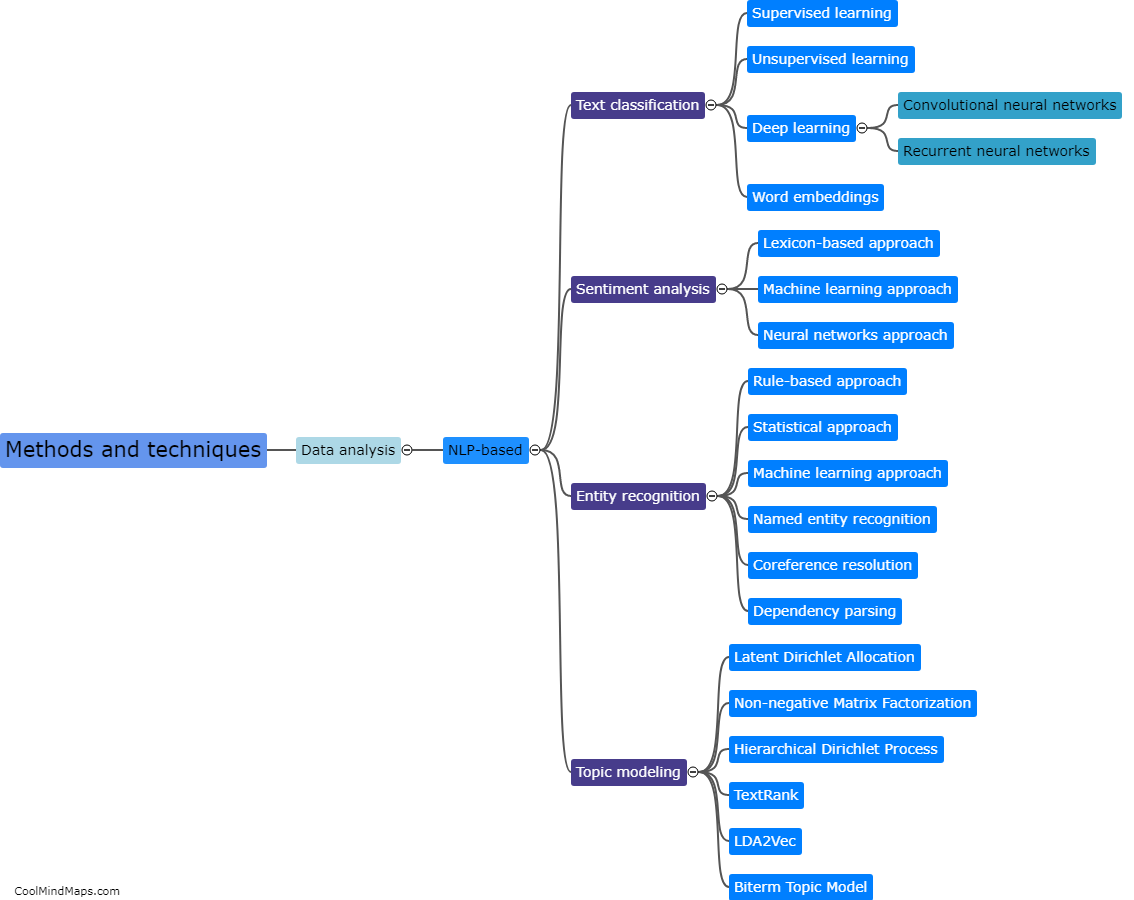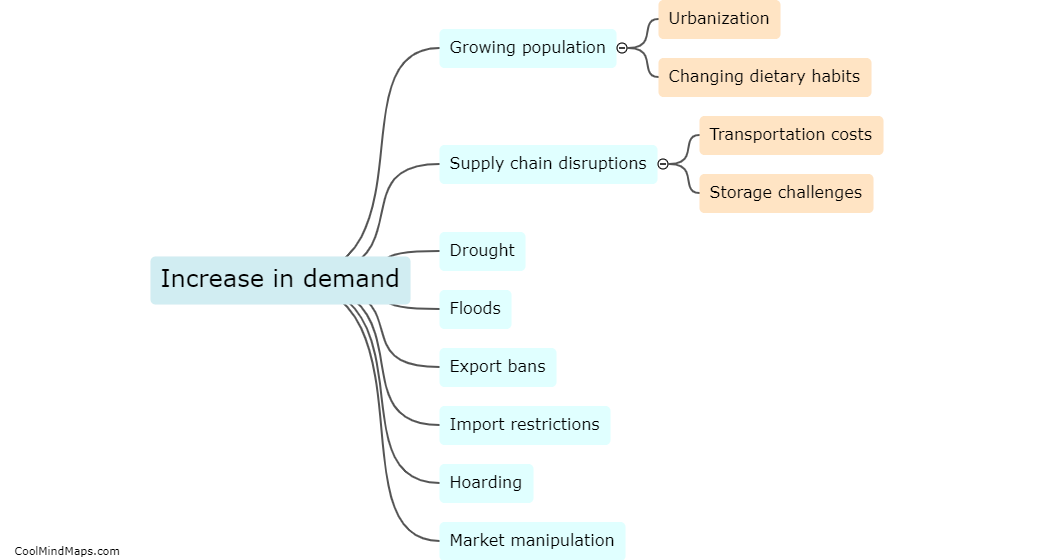What is state sovereignty in the context of marine biodiversity?
State sovereignty in the context of marine biodiversity refers to a state's authority and control over the marine resources within its territorial waters. This includes exclusive rights to explore and exploit the living and non-living resources in its maritime zone, as well as the responsibility to protect and conserve the marine environment and biodiversity within its jurisdiction. State sovereignty also entails the duty to cooperate with other states and international organizations to manage shared marine resources and address global environmental challenges such as overfishing, pollution, and climate change. Ultimately, state sovereignty in marine biodiversity encompasses the balance between national interests and the collective responsibility to ensure the sustainable use and conservation of the oceans for present and future generations.

This mind map was published on 28 September 2024 and has been viewed 35 times.











